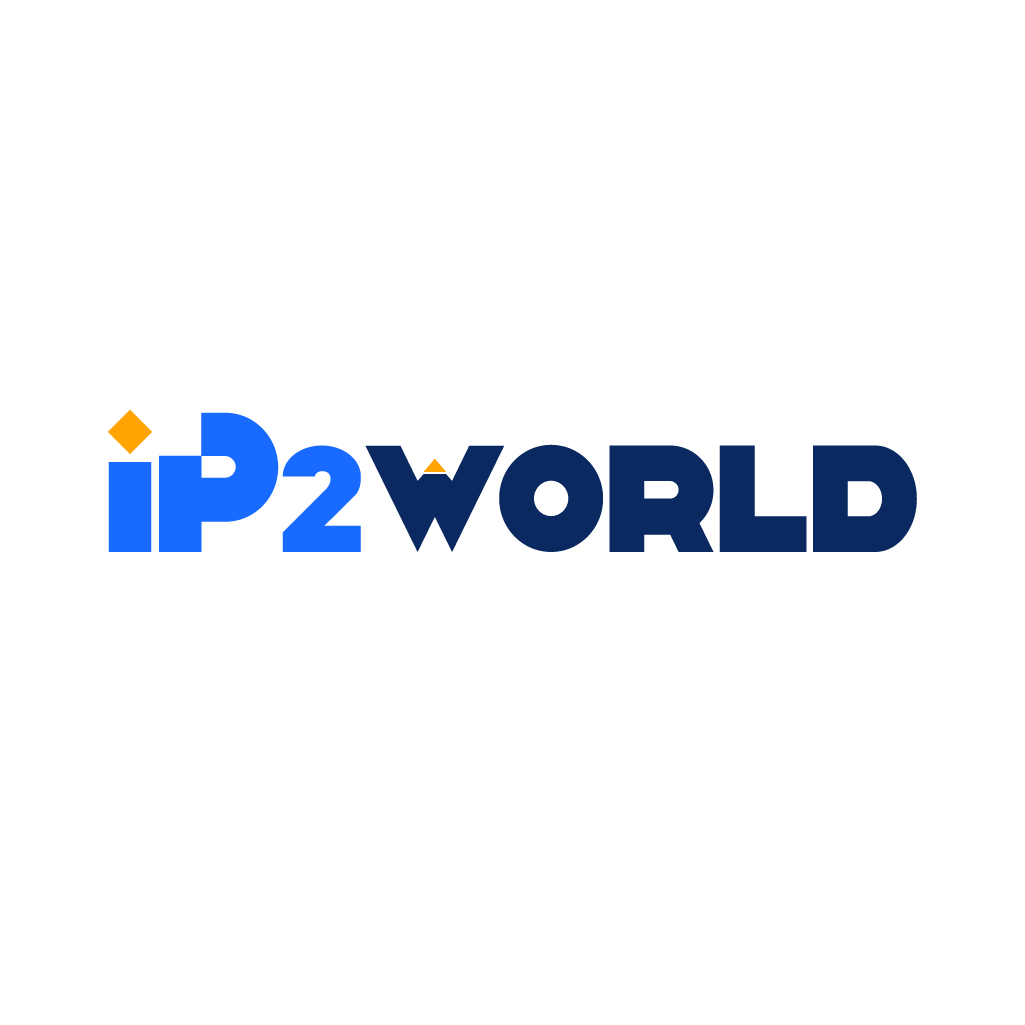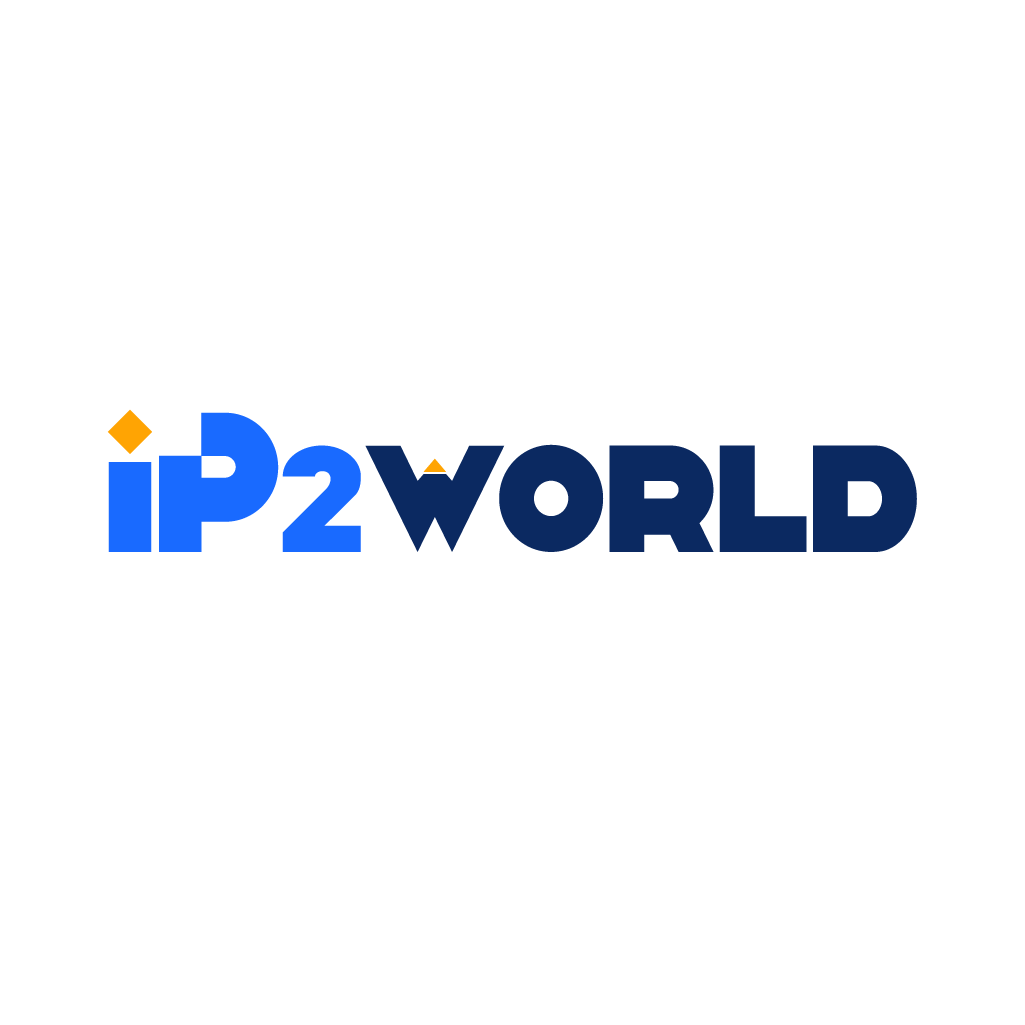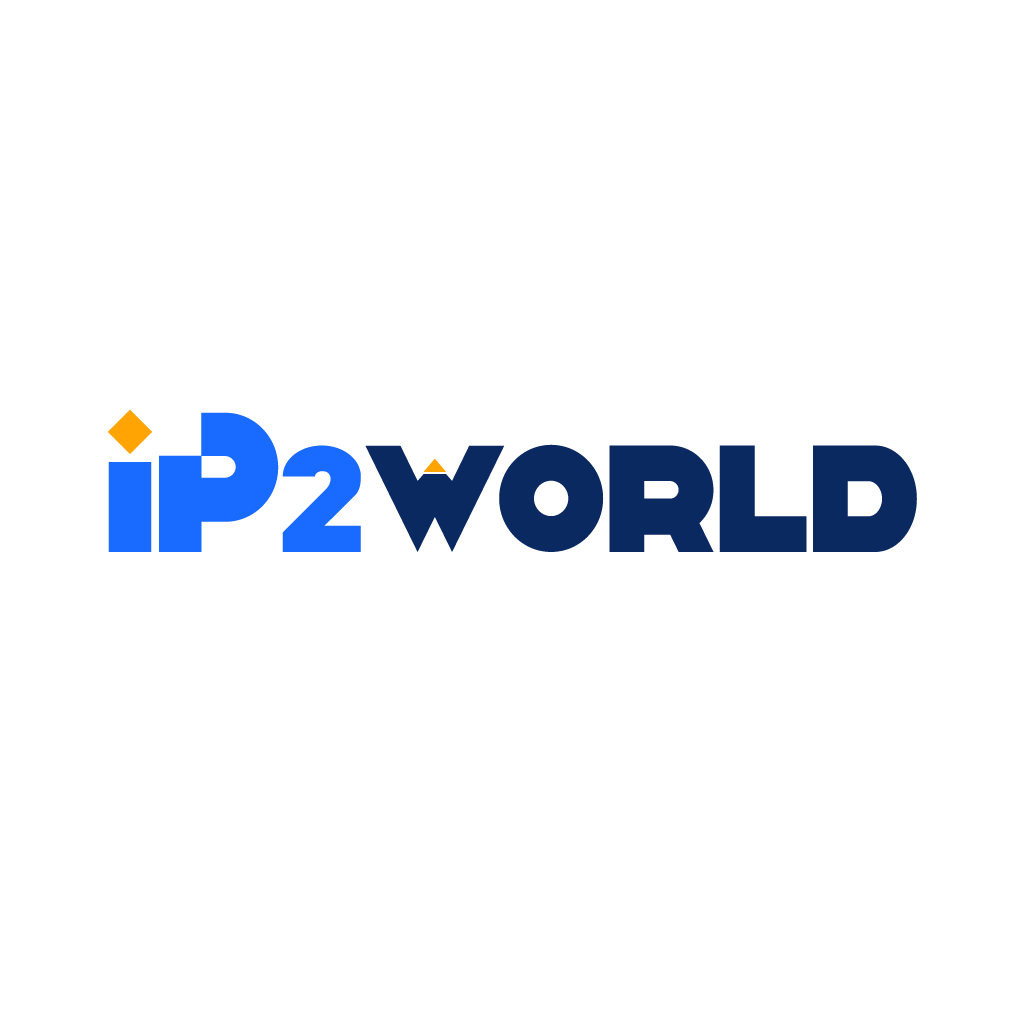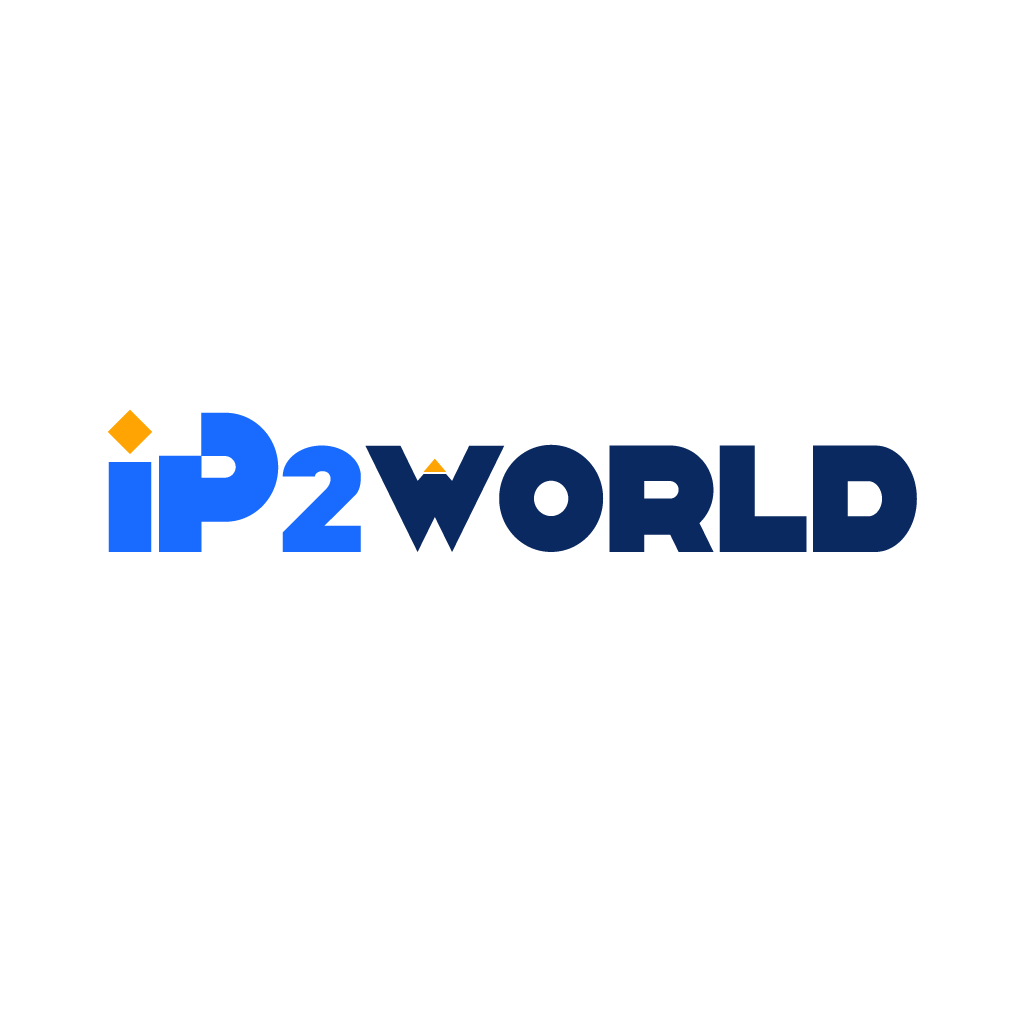Understanding the concept of proxies can be a daunting task due to the sheer volume of information available and the technical jargon involved. This article aims to provide you with a comprehensive and user-friendly guide to dedicated and shared proxies. Proxies, in the simplest of terms, are intermediaries between your device and the internet, and they help cloak your original IP address. There are various types of proxies, but in this article, we'll focus primarily on dedicated and shared proxies. Part I: Unraveling the Power of Dedicated Proxies Also known as private proxies, dedicated proxies are exclusively used by a single user. This exclusivity results in several compelling benefits. 1. Accessing Protected Websites: Websites often employ anti-scraping techniques to detect suspicious activities, which often lead to blocking the suspected IP. If you use a shared proxy, your chances of getting blacklisted increase due to the uncontrolled usage of the IP address. Dedicated proxies offer full control, thus lowering the risk of being detected as a bot. 2. Bypassing Bandwidth Throttling: With shared proxies, you often have to share your bandwidth, leading to slow connection speed. However, dedicated proxies offer unlimited bandwidth, giving you unhindered data transfer speeds - a crucial aspect if you deal with a significant amount of data. 3. IP Address Rotation: Dedicated proxies offer static IP addresses. This consistency might be helpful for certain tasks, but if you need to frequently change your IP address, dedicated proxies may not be the ideal choice. 4.Collecting Massive Amounts of Data: If you need to collect large amounts of data, say for competitor analysis, dedicated proxies can be beneficial due to their consistent, non-rotating IP address. However, be cautious as too many requests can lead to IP blacklisting. Part II : A Deep Dive into Dedicated Proxies IP2World Dedicated Static Residential ISP ProxiesDedicated proxies' exclusive nature inherently provides a range of benefits, but it also presents a few challenges. 1. Security: The secure nature of dedicated proxies makes them ideal for businesses dealing with sensitive data. In online transactions, protecting data confidentiality is critical, and dedicated proxies offer this benefit. However, be careful about where you purchase your proxies, as some providers may offer 'semi-dedicated' proxies that are shared among a few users. 2. Control: With a dedicated proxy, you can control all proxy settings, giving you a highly customizable experience. It lets you tailor the proxy's features according to your needs. This level of control isn't possible with shared proxies. 3. Reliability: Due to their nature, dedicated proxies tend to be more reliable, providing stable and high-speed connections. This is ideal for businesses requiring heavy data exchange. But on the flip side, dedicated proxies come with a few drawbacks: 1. Cost: Due to their private nature, dedicated proxies are more expensive compared to shared proxies. This can be a barrier for smaller businesses or individual users. 2. Management: The extensive control and customization options require effective management. If not properly handled, a dedicated proxy may lead to performance issues. Part III: The Allure of Shared Proxies Shared proxies, as the name implies, are utilized by multiple users simultaneously. While this comes with its own set of challenges, shared proxies are not without their advantages. 1. Cost-Effectiveness: The most significant benefit of shared proxies is their affordability. The cost is shared among multiple users, making it a cheaper alternative to dedicated proxies. 2. Anonymity: Like dedicated proxies, shared proxies also mask your original IP, providing a degree of anonymity. Shared rotating proxies offer even more anonymity by continuously switching your IP address. However, shared proxies come with certain drawbacks. The shared nature can lead to slower speeds due to bandwidth sharing. The 'bad neighbor' effect is also a significant concern, where one user's abuse of the proxy can lead to an IP ban, affecting all users. Shared vs Dedicated Proxies: Making the Right Choice The choice between shared and dedicated proxies boils down to your specific needs. If you're a beginner exploring web scraping, shared proxies, due to their cost-effectiveness, might be the ideal starting point. On the other hand, if your tasks demand high bandwidth and control over IP activities, you'd be better off with dedicated proxies, despite their higher cost. Part IV: The Unseen Aspects of Shared Proxies Shared proxies may be an economical solution, but they also come with their unique strengths and weaknesses. 1. Scalability: If you are running smaller operations or scraping public data, shared proxies can be beneficial. You can scale your operations without significantly increasing your costs. 2. Ease of Use: Shared proxies generally require less technical knowledge, making them accessible for novice users. However, the shared nature brings in a few challenges: 1. Limited Control: Shared proxies offer less control over settings compared to dedicated proxies, which can limit their adaptability to your unique requirements. 2. Security Risks: Due to their shared nature, these proxies pose potential security risks. If a user performs malicious activities, it could potentially impact all users sharing the proxy. Remember, proxies are a powerful tool, and when used correctly, they can provide you with unparalleled access to the vast information landscape that the internet is. The key lies in understanding your unique requirements and making the right choice. As the saying goes, knowledge is power, and a good understanding of dedicated and shared proxies is sure to empower you in your internet endeavors. Part V: Use Cases and the Final Verdict Both dedicated and shared proxies find a range of applications. If you're into ad verification, market research, SEO monitoring, or social media management, dedicated proxies can be beneficial due to their reliable and secure nature. On the other hand, shared proxies are ideal for users who require basic IP masking, casual browsing, or minor scraping tasks. They're also a good fit for users who are just starting out and have budget constraints. As a final verdict, the choice between dedicated and shared proxies depends heavily on your requirements. Your decision should factor in the complexity of your tasks, the level of security you need, the control you want to have over your proxy settings, and of course, your budget. In the world of proxies, there is no one-size-fits-all solution. It's all about finding the right tool for your unique set of needs. Choosing the right proxy is a significant decision that could impact your business's efficiency and security. Hence, take the time to understand your requirements and make an informed choice. As your knowledge and needs grow, so too will your ability to effectively navigate the world of proxies.
2023-08-01



